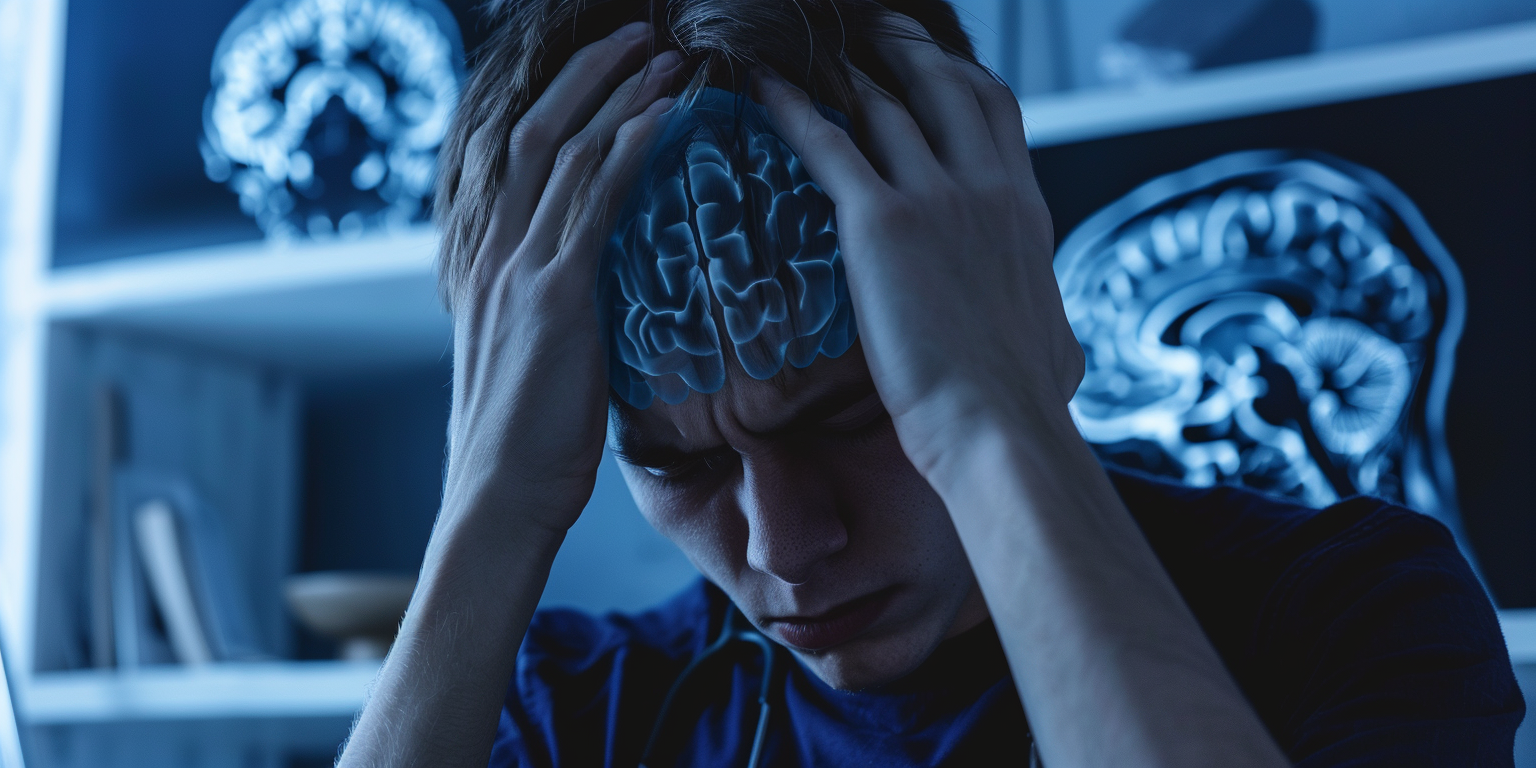Concussions are a type of traumatic brain injury (TBI) caused by a blow to the head, sudden jolt, or violent shaking of the head and body. While some concussions may resolve on their own with proper rest and care, leaving a concussion untreated can have serious consequences. In this blog post, we’ll explore the potential risks and complications of untreated concussions, emphasizing the importance of seeking medical attention and appropriate management.
Immediate Symptoms and Diagnosis
Concussions can present with a variety of symptoms, including headache, dizziness, confusion, nausea, sensitivity to light and noise, and memory problems, among others. It’s crucial to seek medical attention if you suspect you or someone else has sustained a concussion, as timely diagnosis and management are essential for a positive outcome. Healthcare providers typically use a combination of physical examination, neurological tests, and imaging studies, such as CT scans or MRI, to diagnose concussions and assess their severity.
Short-Term Risks of Untreated Concussions
Failure to address a concussion promptly can prolong recovery time and increase the risk of short-term complications. Untreated concussions may lead to persistent symptoms, such as headaches, dizziness, and cognitive deficits, which can interfere with daily functioning and quality of life. Moreover, individuals with untreated concussions may be more susceptible to additional head injuries, as the brain may be more vulnerable during the recovery period. Continued physical activity or participation in contact sports without proper clearance can exacerbate symptoms and delay healing.
Long-Term Complications
One of the most significant concerns associated with untreated concussions is the potential for long-term complications, including post-concussion syndrome (PCS) and chronic traumatic encephalopathy (CTE). PCS refers to a condition in which concussion symptoms persist for weeks, months, or even years after the initial injury. Individuals with PCS may experience ongoing headaches, difficulty concentrating, mood changes, and sleep disturbances, among other symptoms, which can significantly impact their quality of life.
CTE is a progressive neurodegenerative disease linked to repetitive head trauma, including concussions. While CTE primarily affects athletes in contact sports and individuals with a history of repetitive head injuries, it can also occur in non-athletes. Symptoms of CTE typically manifest years or decades after the initial trauma and may include cognitive decline, mood disorders, behavioral changes, and movement disorders. CTE can have devastating consequences for affected individuals and their families, highlighting the importance of preventing and properly managing concussions.
Treatment and Management Strategies
Early intervention and appropriate management are crucial for minimizing the risk of complications associated with concussions. Treatment may include rest, cognitive and physical rest, pain management, and symptom-specific therapies, such as vestibular rehabilitation for balance problems or cognitive therapy for memory and attention difficulties. In severe cases or when symptoms persist, healthcare providers may recommend more intensive interventions, such as referral to a concussion specialist, physical therapy, or psychological support.
Prompt diagnosis, appropriate management, and adherence to medical recommendations are essential for minimizing the impact of concussions and promoting recovery. If you suspect you or someone else has sustained a concussion, seek medical attention promptly and follow healthcare providers’ guidance for optimal outcomes. If you were injured due to the negligence of someone else, a personal injury lawyer in Oklahoma City can help you navigate this complex claim.
